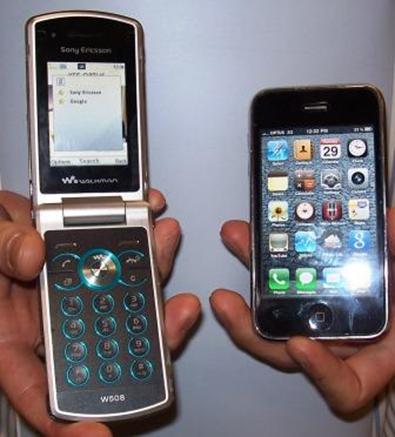The thought of seeing a dentist may lead to uncomfortable feeling and endless fear for certain people. Dentistry is always associated with pain and bad experience. Many people think that dental visit is about poking gum and pulling out tooth. Sometimes, dental fear may be passed on from parents to children. Very often, parents with dental phobia may tell unpleasant story about their dental experience. Traumatic childhood dental experience can prevent a person from going to the dentist and seeking proper dental treatment. However, with the current techniques, new technologies, and well-trained dentist, dental fear can be reduced significantly. Statement on painless dentistry can be questionable to some but it is surprising how this can be achieved with some simple tips and brain train prior to making dental appointment.
So, here are some tips to reduce your anxiety and negative thoughts about dental visit if you ever have to make one.
Before making a dental appointment:
- Find an understanding and sympathetic dentist!
Do a minor survey to find a good dentist who can understand dental anxiety and willing to tolerate and co-operate with you. This can be done by asking your friends, relatives and also your doctor about their past dental experience. Studying public reviews about a dentist and/or dental practice in the website may also be helpful.
- Positive thinking!
Keep a positive thinking about the dental visit. Avoid listening to all past upsetting experience of other people. Try to focus on the pleasant dental stories and create a good imagination and perception. Gain some information about dental procedures to give you an idea about the whole process.
- Do a pre-appointment visit to the chosen clinic!
Either you choose a private or government clinic, you can request to do a pre-visit to the clinic to familiarize yourself with the environment and surroundings.
- Take an accompanying person with you!
You are free to take your spouse, friends, siblings or relatives with you to your first appointment and most of the dentists may allow him/her to stay throughout the visit (not more than one person!). However, the accompanying person must be able to give you a good emotional support and has a positive attitude towards dentistry.
- Bring along your favourite gadgets!
This may include books, MP3, smart phone or tablets and earphone. Listening to music or watching your favourite programme during dental procedure may distract you from the sounds of the dental drills.
- Contact the dental staff and the dentist to inform them about your situation so that they can arrange a suitable time for you. They may need more time to help you going through the first dental visit.

During the dental appointment:
- Explain your feeling in a good language!
Please explain to the dental staff and the dentist about your feeling and anxiety about dental treatment. Make sure that the dentist is the one you choose because of his/her good feedback from the public. If the dentist is unable to help you, you can always ask him/her to refer you to someone who provides treatment for patients with dental anxiety/phobia.
- Calm down and relax!
Please take a deep breath slowly, hold it and slowly exhale. Please stay calm on the dental chair. Holding the accompanying person’s hand may be helpful. Relax and listen to the dentist as they may ask important questions. Your answers may assist them to overcome your fear on the dental chair.
- Tell the dentist to explain to you about each step being done!
For some people, getting detail explanation about the procedure being done may reduce the fear. However, there are individuals who would be better off without knowing about the procedures. So, you know which group you are belong to and please let the dentist know about it to facilitate both yourself and the dentist.
- Make an agreement with the dentist that at anytime you want a break during the procedure, you can give a signal as simple as raising up a finger. This will help you to cope better and get the treatment done.
- One at a time!
You can discuss with the dentist about the treatment you are getting. There is no harm to start with a simple treatment and proceed with more complex procedure in another appointment.
Other techniques to reduce your dental anxiety
- If your dental fear is so severe, you can consult a counsellor or psychiatrist about your condition.
- Nitrous oxide sedation (Laughing gas)
Nitrous oxide is a gas used for patients to breath, which takes away anxiety while not affecting consciousness during the dental procedures.
- Oral sedation
Anti-anxiety medication is given to patients and this will provide relaxation, peacefulness and possibly short temporary loss of memory.
- General Anaesthesia
This has to be done in the operating room whereby patients will be anaesthetized by the anesthetist, rendering them unconscious.
However, not every dental practice offers the techniques stated above.
| Last Reviewed | : | 17 March 2014 |
| Writer | : | Dr. Siti Zaleha bt. Hamzah |
| Accreditor | : | Dr. Norjehan bt. Yahaya |







